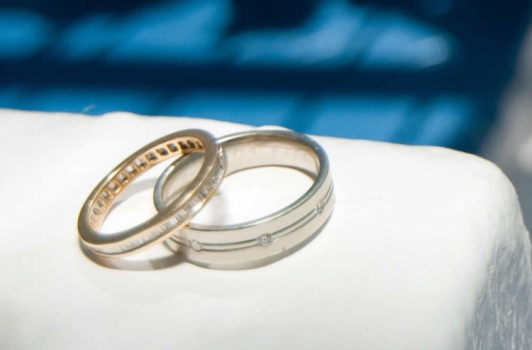
Information Disclosure in Divorce Cases

In divorce cases, divorce lawyers are restricted to search for evidence based on the standard requests for disclosure of information permitted by the Rules of Civil Procedure. However, in order to generate a strong case and help out their clients even more, these lawyers must get creative and most importantly, look beyond the scope of the discovery rules of information.
Because discovery is such a vital step in a divorce case, attorneys must try to obtain necessary information to prove or disprove allegations made in the pleadings. Thus, the Rules of Civil Procedure permit any party engaged in a lawsuit to request virtually anything that may be relevant to their case. However, divorcing couples can present unique problems for many attorneys.
Therefore, the following three steps should provide some simple information for most individuals who need to prove their case:
-
Get a credit history: Most credit reports will file bank accounts, mortgages, credit cards, loans, etc. and indicate whether the accounts are active or closed. By looking at these credit reports, an attorney can discover undisclosed, yet open bank accounts that one person is attempting to conceal from the other party. Thus, it is vital to look through your client's financial assets.
-
Examine court records: In a recent divorce case, an attorney searched court records and found a wealth of new information relevant to the custody portion of her case. She found that the paramour had been previously divorced and his former wife had charged him with physical violence and cocaine abuse. By examining this man’s past court records, she was able to help her client out even more with his beneficial evidence.
-
Ensure good communication between the lawyer and client: Most importantly, it is essential that the lawyer maintains a great deal of communication with his or her client. Some of the best evidence a lawyer can attain in a case is by listening to the clients innocuous statements, regardless of how trivial they may be sometimes. A fatal mistake is for a lawyer to think they “know it all” and not listen carefully to his or her client.
Good communication between the client and the attorney is crucial because it may uncover significant evidence that can be used to support the client’s position at trial. Overall, building a strong case for a client requires both the clients and attorneys to engage in specific, target discovery and also examine credit reports and past court records to reveal what has not been disclosed to them.

